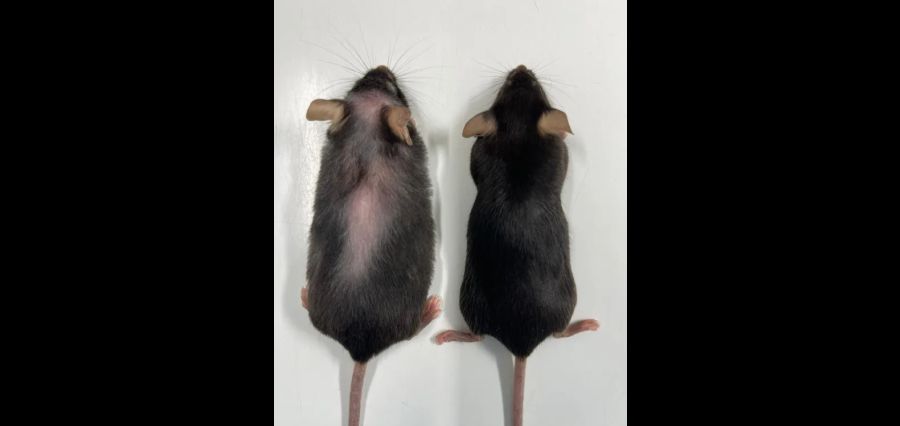With the identification of a primary cause of inflammatory bowel disease (IBD) and the realization that the illness may be treated with currently available medications, researchers have achieved “huge strides forward.”
IBD, which encompasses both Crohn’s disease and ulcerative colitis, is on the rise. As of 2022, there were over 500,000 IBD patients in the UK, almost twice as many as the 300,000 who were previously expected.
Since we don’t know what causes IBD, efforts to produce new medications frequently fail and current treatments don’t work for every patient.
In the investigation, scientists at the Francis Crick Institute, in collaboration with UCL and Imperial College London, discovered a region of DNA that is exclusive to certain immune cells that are known to induce intestinal inflammation.
Although there are no specific medications that inhibit this, medications recommended for other non-inflammatory illnesses have been shown to work well in the past.
According to tests, the drug decreased inflammation in both immune cells and IBD patients’ gastrointestinal samples.
Nevertheless, this drug has adverse effects on other organs, so researchers are currently trying to figure out how to get it straight to the immune cells.
The goal is for clinical trials to begin within five years.
Following symptoms such as irregular bowel habits, blood in her stool, and stomach cramps, 27-year-old Lauren Golightly was diagnosed with Crohn’s disease in 2018.
“Crohn’s has had a huge impact on my life,” the woman stated. Since receiving the diagnosis, I’ve had a difficult journey that included numerous hospital stays, numerous prescriptions, and even surgery to install a temporary stoma bag.”The ambiguity around inflammatory bowel disease is one of the most difficult aspects of having IBD.I still get flare-ups and can be in the hospital for extended periods of time. Finding out about this research is really inspiring and thrilling.
“I am hopeful this could potentially make a difference for myself and so many other hundreds of thousands of people living with IBD.”
Read More: Click Here








